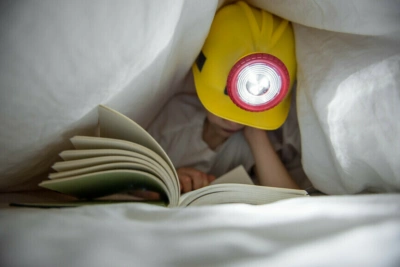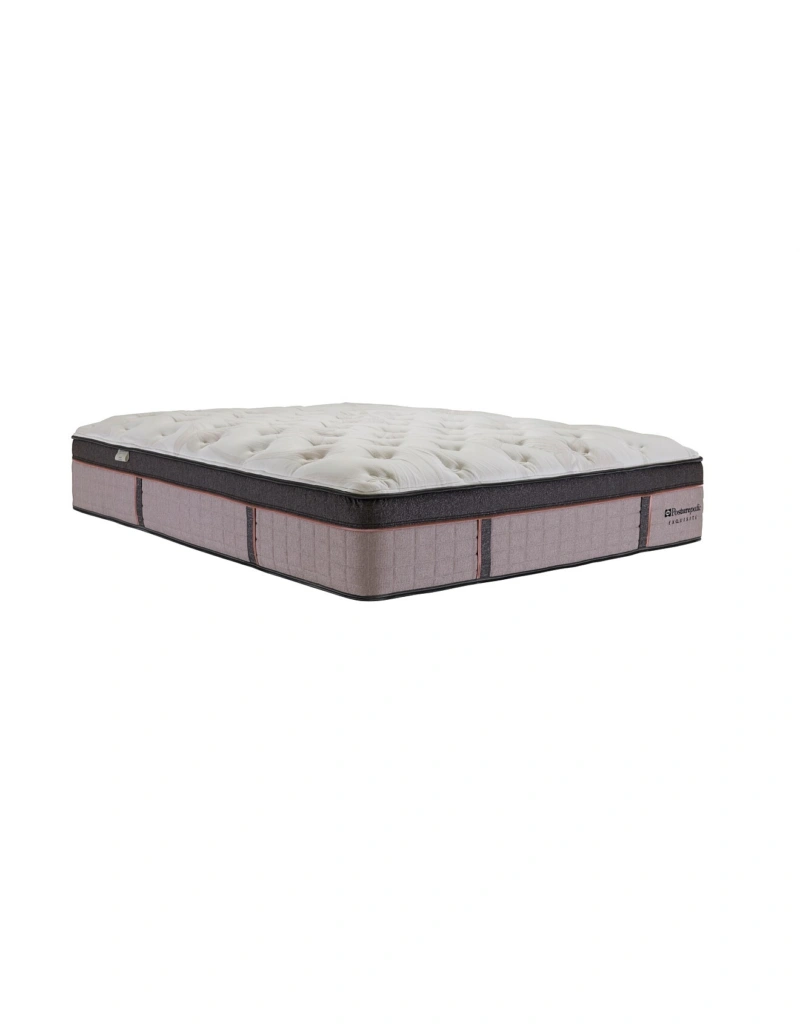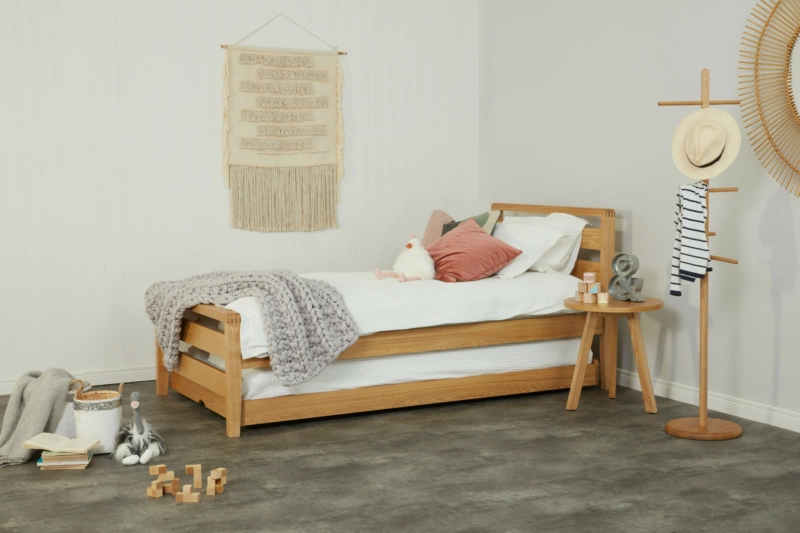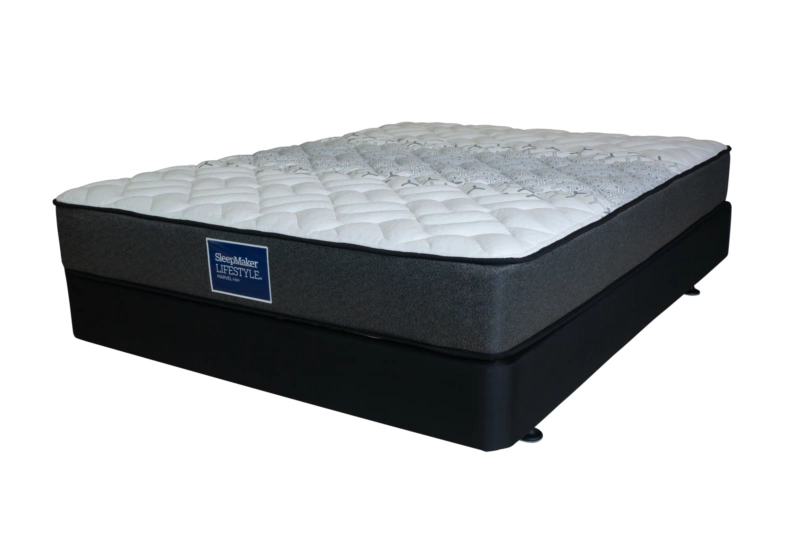
Considering it’s almost universally agreed that children who get the correct dose of sleep each night are healthier, happier and more socially well-adjusted, it’s odd how poorly we “sell” bedtime to youngsters.
This New York Times parenting blog caught our eye at Bedpost recently because it seemed to hit the nail on the head about how many New Zealand parents might be able to change the nightly battle to get their kids to bed.
In a nutshell, here’s author Heather Turgeon’s argument:
- We tend to turn sleep into the “bad guy” by using subtle language to describe it as something “undesirable” or “negative” even though often parents can’t think of anything better than a great night’s sleep.
- Being sent to the bedroom is often used as a punishment or timeout, and parents will often use the threat of an early bedtime to try to stop a child misbehaving.
- Plenty of books reinforce the bedroom as a negative place – somewhere where monsters lurk in the shadows or where parents send unruly kids.
- Heather came to the conclusion that although she “didn’t expect my children to check the clock, brush their teeth and happily skip into bed every night … I also didn’t want to work against myself by subtly teaching them it’s a bad place”. So she gave her and her family’s attitude to sleep a makeover.
- First of all, she started talking to her children about what a fascinating subject sleep was (research suggests kids who are interested in sleep actually spend more time asleep).
- Over breakfast she would tell the kids that while they slept the information they had learnt at school the day before moved around their brain, and that adults needed more sleep than children.
- Then she started to notice how her children responded differently to bedtime – her son started to draw pictures of how dreams are made and repeating facts about sleep to his little sister.
- Heather’s young daughter also started to act out bedtime with her toys and dolls – a sure sign that the children were developing a “leading role” in the process.
How our children sleep affects both them and us – so it might be worth looking in to how you can “rebrand” bedtime to help their health and your sanity.
























